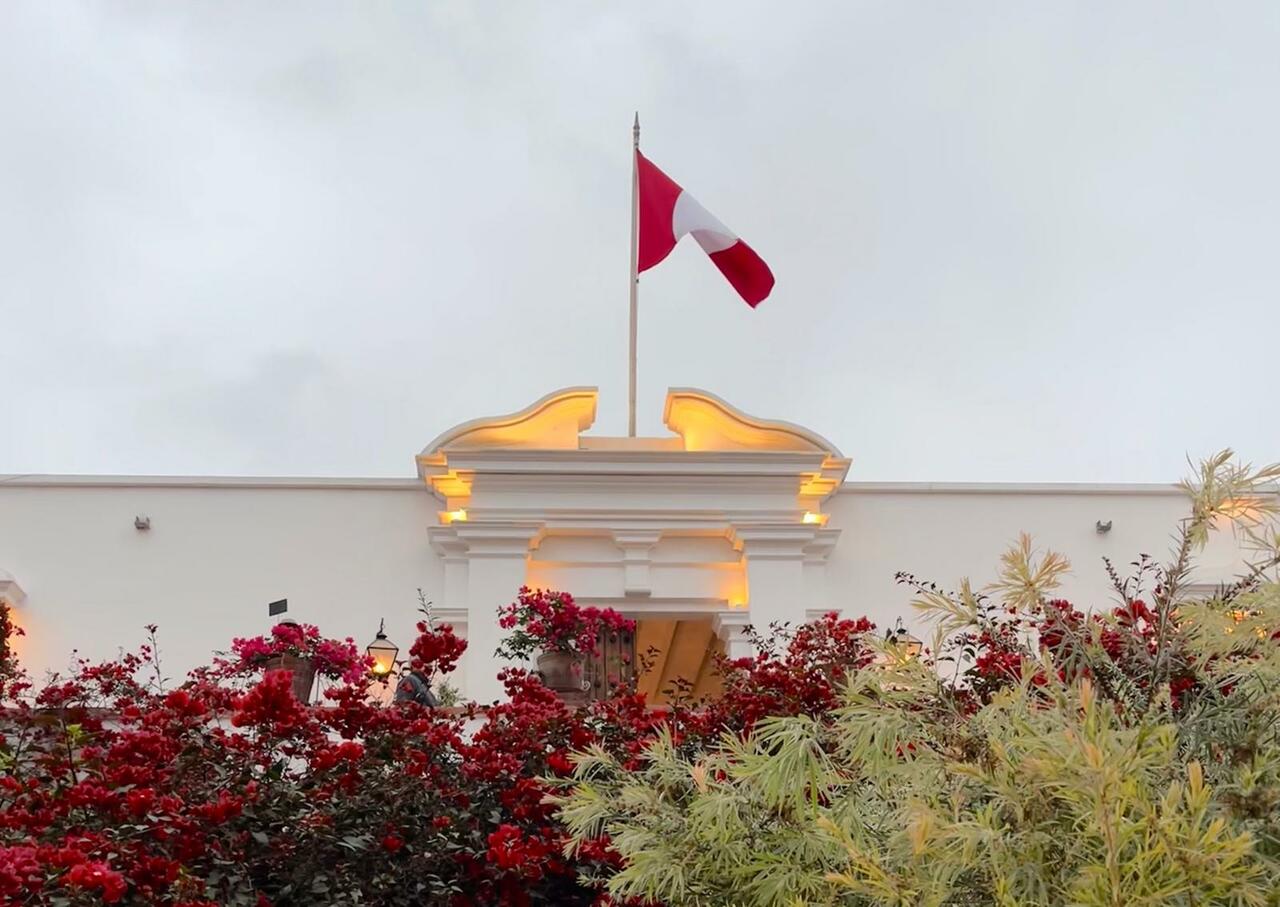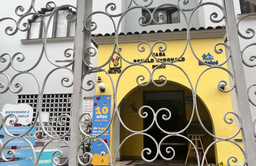
As our final week in Peru unfolded, so did the conclusion of our Leadership-in-Action project. This marked an end to a journey that was as transformative as it was challenging.
Wrapping Up: Real Talks and Real Outcomes
Our final week was crammed with the kind of meetings that both close chapters and set the stage for new beginnings. We reviewed our project's impact within our teams as well as with our organisations, focusing heavily on what will continue after our team departs. These meetings were filled with genuine exchanges about hopes, concerns, and the practicalities of sustaining the momentum we’ve helped build.
Feedback from our local partners and participants during these final meetings was incredibly affirming. Hearing their remarks underscored the tangible impact our work had on the community, and it was gratifying to know that our efforts were truly valued. Nonetheless, frank internal discussions about the gaps and oversights of each team, including ours, were eye-opening. These conversations were humbling and highlighted the complex realities of implementing foreign-led initiatives, even when they are done with the best of intentions.
Deepening Connections
One of the unexpected yet deeply cherished aspects of this journey was the close bonds I formed with fellow scholars. As we navigated our projects, shared countless meals, and supported each other through challenges, these relationships grew into something more than just professional connections. They became friendships rooted in shared experiences. Now, as our project concludes and we prepare to go our separate ways, there’s a palpable sadness amidst the achievements.
During one of our last sessions together, we discussed what we should keep, add, drop, and improve from, our approaches these past 6 weeks. This was a raw and real dialogue about our personal and collective shortcomings and strengths. We acknowledged that while we set out to lead, we ended up learning just as much, if not more, from the local community and each other.
Personal Reflections
This project pushed me in ways I hadn’t anticipated. It wasn’t just the external challenges like navigating a different culture or managing project deliverables, but also the internal ones. Dealing with my own expectations and being confronted with my limitations was a big part of this journey.
I leave this project with a deeper understanding of what it means to lead: It’s about facilitating rather than dictating, listening as much as instructing, and being adaptable enough to pivot when the situation demands it, even if it goes against your initial plan. As I look to future projects, the lessons from Peru will serve as a grounding reminder of what effective, respectful, and responsive leadership looks like.




Please sign in
If you are a registered user on Laidlaw Scholars Network, please sign in